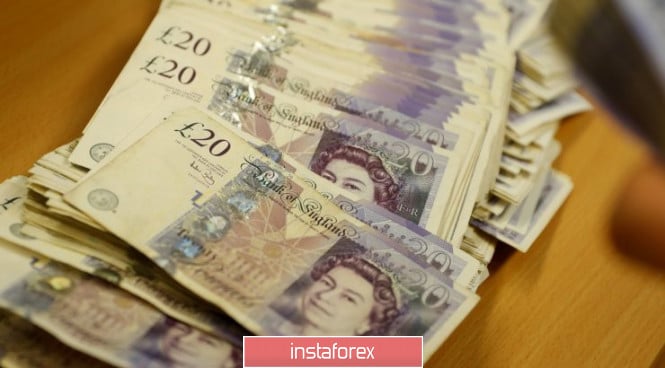
Uncertainty regarding Britain's exit from the European Union gave way to a high probability of a compromise agreement. This made it possible for the British currency to regain strength. However, experts urge not to count on the early growth of the pound, which is still at a loss.
Having received a respite during the debate over Brexit, sterling tried to overcome price barriers. However, it was not able to overcome everything. On the evening of Tuesday, November 5, the pound experienced strong volatility, rising in the moment to the level of 1.2900, but not holding on to its gains.
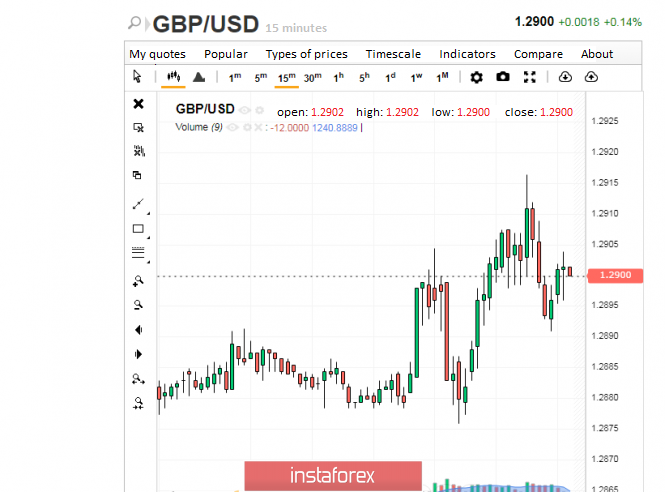
Subsequently, the GBP/USD pair was trading within 1.2896–1.2898, however, here it was not able to gain a foothold.
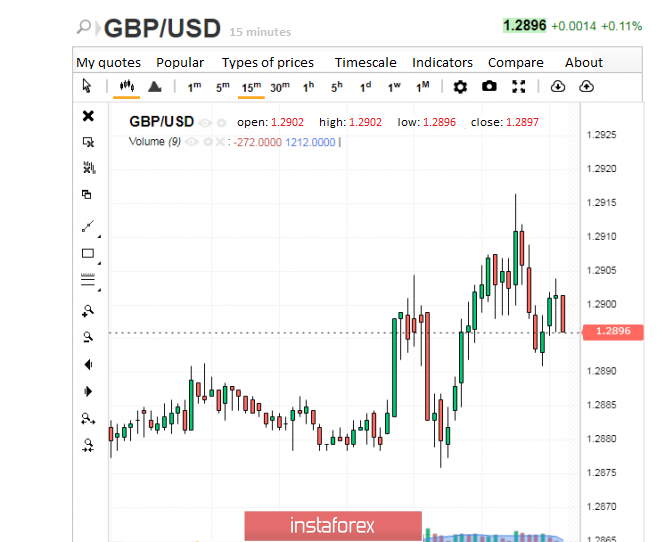
At some point, the pair fell to 1.2881, causing market concerns. It turned out that this is not the limit, as the GBP/USD pair in an effort to find the low had dropped to 1.2878–1.2879.
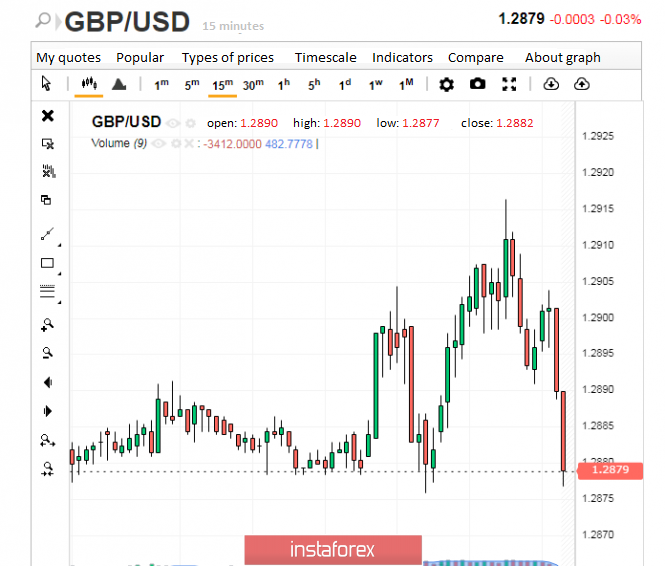
As a result, the low in the form of the 1.2870 mark was reached. Having pushed off from it, the pound was counting on a rise that did not take long to wait.
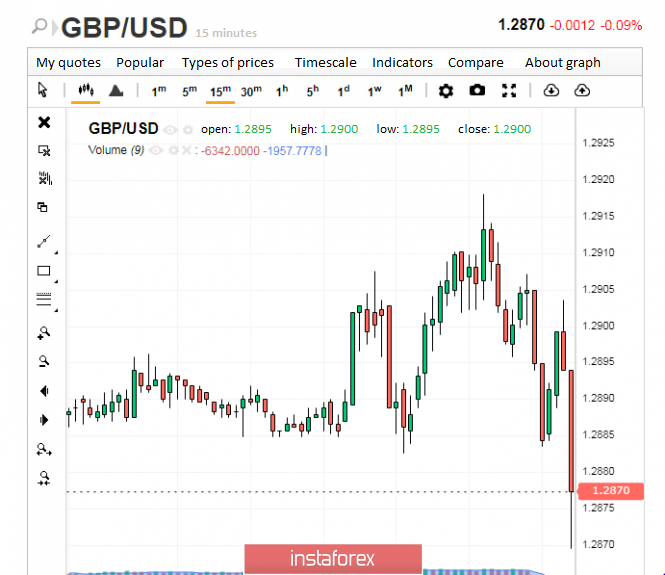
Now the pair runs near the levels of 1.2875–1.2876, but in the future, analysts predict the growth of the GBP/USD pair.
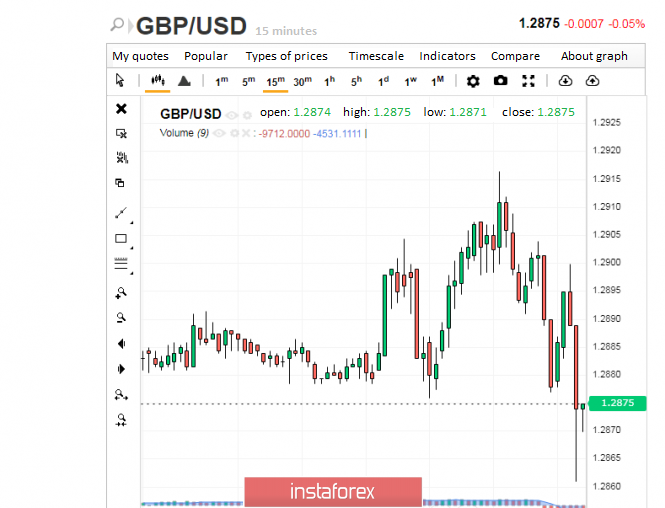
Against this background, far from positive, the forecasts of analysts of the leading bank Credit Agricole look a bit fantastic. The financial institution raised expectations for the pound, putting the growth of the British currency to 1.3000. The bank explained its position by reducing the risk of "hard" Brexit and the likelihood of a successful outcome of new elections in the UK.
Credit Agricole believes that the British Conservative Party will receive a majority of the vote in the upcoming December elections. This will be the first step towards ratification of the Brexit deal in Parliament. Analysts expect Conservative policies to benefit the British economy and the pound. The British currency will be able to recover due to the growth of domestic demand, Credit Agricole said.
Currently, the economic situation in the country leaves much to be desired. PMI indices showing the state of the UK industrial and construction sectors have been below 50% in the last five months. According to analysts, this indicates a significant decline in the British economy. At the same time, the Bank of England does not reduce interest rates and does not redeem assets, acting contrary to global trends. However, investors are counting on a change in the position of the British regulator. If the Bank of England begins to reduce interest rates, sterling will move down, analysts said.
The ambiguity of the outcome of the new election prevents the pound from taking off and demonstrating what it is capable of. In the current situation, the expected pound volatility remains at 10%. According to analysts, it should not change. The British currency keeps on the wave of past optimism associated with the zero probability of a hard Brexit and election hopes. Analysts expect new elections to clarify the situation and help the pound strengthen.
The material has been provided by InstaForex Company - www.instaforex.com